
Jerusalem captured in First Crusade on July 13, 1099
Jerusalem captured in First Crusade: During the First Crusade, Christian knights from Europe capture Jerusalem after seven weeks of siege and begin massacring the city’s Muslim and Jewish population.
Beginning in the 11th century, Christians in Jerusalem were increasingly persecuted by the city’s Islamic rulers, especially when control of the holy city passed from the relatively tolerant Egyptians to the Seljuk Turks in 1071. Late in the century, Byzantine Emperor Alexius Comenus, also threatened by the Seljuk Turks, appealed to the West for aid. In 1095, Pope Urban II publicly called for a crusade to aid Eastern Christians and recover the holy lands. The response by Western Europeans was immediate.
The first crusaders were actually undisciplined hordes of French and German peasants who met with little success. One group, known as the “People’s Crusade,” reached as far as Constantinople before being annihilated by the Turks. In 1096, the main crusading force, featuring some 4,000 mounted knights and 25,000 infantry, began to move east. Led by Raymond of Toulouse, Godfrey of Bouillon, Robert of Flanders, and Bohemond of Otranto, the army of Christian knights crossed into Asia Minor in 1097.
In June, the crusaders captured the Turkish-held city of Nicaea and then defeated a massive army of Seljuk Turks at Dorylaeum. From there, they marched on to Antioch, located on the Orontes River below Mount Silpius, and began a difficult six-month siege during which they repulsed several attacks by Turkish relief armies. Finally, early in the morning of June 3, 1098, Bohemond persuaded a Turkish traitor to open Antioch’s Bridge Gate, and the knights poured into the city. In an orgy of killing, the Christians massacred thousands of enemy soldiers and citizens, and all but the city’s fortified citadel was taken. Later in the month, a large Turkish army arrived to attempt to regain the city, but they too were defeated, and the Antioch citadel surrendered to the Europeans.
After resting and reorganizing for six months, the crusaders set off for their ultimate goal, Jerusalem. Their numbers were now reduced to some 1,200 cavalry and 12,000 foot soldiers. On June 7, 1099, the Christian army reached the holy city, and finding it heavily fortified, began building three enormous siege towers. By the night of July 13, the towers were complete, and the Christians began fighting their way across Jerusalem’s walls. On July 14, Godfrey’s men were the first to penetrate the defenses, and the Gate of Saint Stephen was opened. The rest of the knights and soldiers then poured in, the city was captured, and tens of thousands of its occupants were slaughtered.
The crusaders had achieved their aims, and Jerusalem was in Christian hands, but an Egyptian army marched on the holy city a few weeks later to challenge their claim. The Egyptians’ defeat by the outnumbered Christians in August ended Muslim resistance to the Europeans for the time being, and five small Christian states were set up in the region under the rule of the leaders of the crusade.
History Channel / Wikipedia / Encyclopedia Britannica

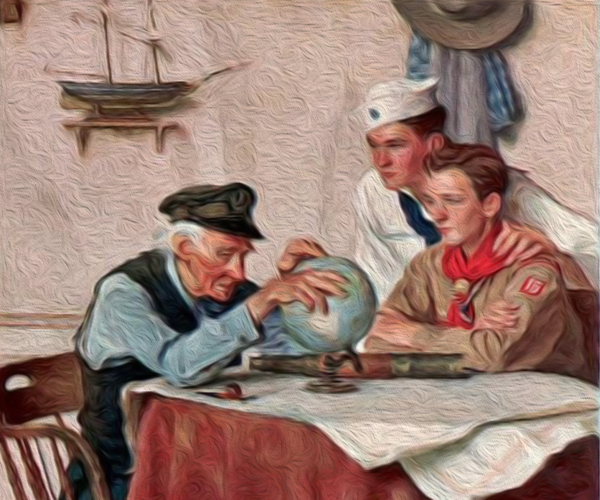
Understanding Military Terminology - Multinational Doctrine
(DOD) The agreed upon fundamental principles that guide the employment of forces of two or more nations in coordinated action toward a common objective. See also doctrine; joint doctrine. Joint Publications 3-16 (Multinational Operations - Defense Technical Information)
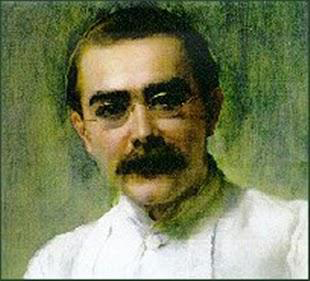
The Old Salt’s Corner
“Poor Honest Men”
Your jar of Virginny
Will cost you a guinea,
Which you reckon too much by five shillings or ten;
And judge it according,
When I've told you the troubles of poor honest men.
From the Capes of the Delaware,
As you are well aware,
We sail which tobacco for England-but then,
Our own British cruisers,
They watch us come through, sirs,
And they press half a score of us poor honest men!
Or if by quick sailing
(Thick weather prevailing)
We leave them behind (as we do now and then)
We are sure of a gun from
Each frigate we run from,
Which is often destruction to poor honest men!
Broadsides the Atlantic
We tumble short-handed,
With shot-holes to plug and new canvas to bend;
And off the Azores,
Dutch, Dons and Monsieurs
Are waiting to terrify poor honest men.
Napoleon's embargo
Is laid on all cargo
Which comfort or aid to King George may intend;
And since roll, twist and leaf,
Of all comforts is chief,
They try for to steal it from poor honest men!
With no heart for fight,
We take refuge in flight,
But fire as we run, our retreat to defend;
Until our stern-chasers
Cut up her fore-braces,
And she flies off the wind from us poor honest men!
~ Rudyard Kipling (Part I)
Full Poem

“I’m Just Sayin”
“An empirical result about human color perception: that chromatic sensation can be described in terms of an effective stimulus consisting of linear combinations of different light colors.”
~ Grassmann's law (optics)

“Thought for the Day”
“If you allow people to make more withdrawals than deposits in your life, you will be out of balance and in the negative! Know when to close the account.”
~ Christie Williams

“What I Have Learned”
“By perseverance, study, and eternal desire, any man can become great.”
~ George S. Patton
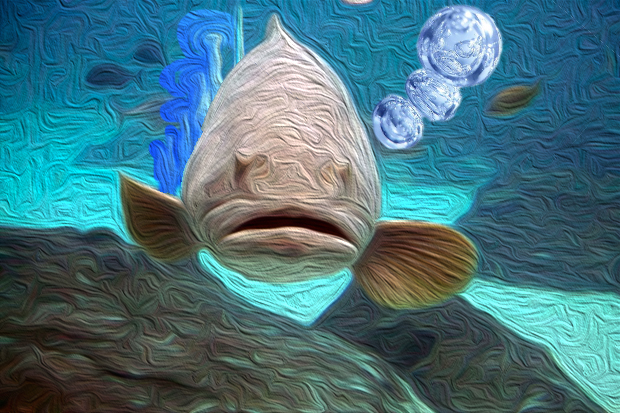
Bizarre News (we couldn’t make up stuff this good – real news story)

Just be glad the animal kingdom is sitting out the Olympics.
As a new video by Shutterstock points out, a cheetah can cover 100 meters in less than six seconds while that distance took 9.58 seconds for the world’s fastest human, Usain Bolt. We wouldn’t fare much better in the water, either. Human swimmers may employ a “dolphin kick”, but we’d trail far behind dolphins in an actual race.
Still, there are “striking similarities” between man and beast, and we have to say this clip takes home the gold in capturing them.
Just remember to never challenge a wildebeest to an endurance run.
Huffington Post / KNOX News Sentinel (06/15/2016)

Mr. Answer Man Please Tell Us: What’s the Difference Between a “Good Source Of” and an “Excellent Source Of” on Food Labels?
You may think it doesn’t matter what companies put on food packaging—come on, a tuna fish with glasses?—but even the smallest details are regulated. For example, the FDA has strict rules on the different turns of phrase manufacturers can print on food labeling, especially when it pertains to ingredients and additives.
“High”, “Rich In”, and “Excellent Source Of” all mean the same thing: that the product contains at least 20 percent of the daily value per RACC (“reference amounts customarily consumed"—essentially serving size) of whatever it is they’re boasting about.
If a foodstuff is a “Good Source Of”, “Contains”, or “Provides” something, it must have 10 percent to 19 percent of the daily value (per RACC) of that something.
Meanwhile, when labeling features the words “More”, “Fortified”, “Enriched”, “Added”, “Extra”, or “Plus”, that means that each serving has at least 10 percent of your daily value of that specific thing. However, as the FDA explains, those words are only legally allowed to be used for “vitamins, minerals, protein, dietary fiber, and potassium”.
Some things aren't so easily or pragmatically categorized. Take the word “natural”; the FDA recently asked people to submit their own definitions for the word because it can refer to so many different things. The agency is now in the process of reviewing these submissions as they attempt to nail down a concrete definition. Until then, watch what you eat. Naturally.
FDA (U.S. Food And Drug Administration)
• Kids Health.org
• Mental Floss
• Nutrition facts label - List of food labeling regulations, Wikipedia
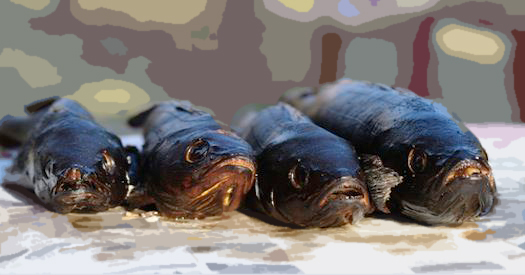
Where Did That Saying Come From?
“A fish rots from the head down:” Meaning: When an organization or state fails, it is the leadership that is the root cause.
Origin: This proverb is of ancient origin but precisely which of the ancients coined it is probably beyond our ken at this distant remove.
Many countries lay claim to it. I've seen sources that place it in China, Russia, Poland, England, Greece and so on, but usually with no evidence to substantiate those claims. A correspondent of mine has asserted that it was written in a Greek text by Erasmus, who died in 1546. That may be the case, but I've not been able to substantiate that claim.
All of the early examples of the phrase in print in English prefer the variant 'a fish stinks from the head down' to 'a fish rots from the head down', which is more popular nowadays. Those early examples all ignore the nations mentioned above and credit the term to the Turks. Sir James Porter's Observations on the religion, law, government, and manners of the Turks, 1768, includes this:
The Turks have a homely proverb applied on such occasions: they say “the fish stinks first at the head”, meaning, that if the servant is disorderly, it is because the master is so.
The early date of this citation and the fact that Porter was in a position to be authoritative on Turkish custom, being British ambassador to the Sublime Porte of the Ottoman Empire for 15 years in the second half of the 18th century, gives Turkey a strong claim to be the birthplace of this proverb.
Of course, the proverb isn't a lesson in piscine biology. The phrase appears to have been used in Turkey in a metaphorical rather than literal sense from the outset. That's just as well as, in reality, it is the guts of fish that rot and stink before the head.
Phrases.org.UK

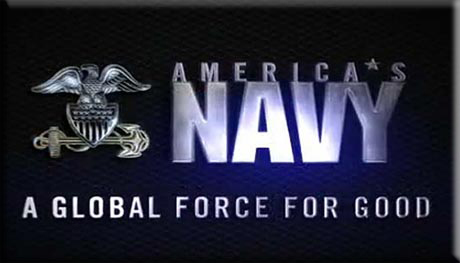
NAVSPEAK aka U.S. Navy Slang
Knuckle Box: A medium sized, usually red, rectangular metal box widely used in the navy to move supplies to / from the ship. These boxes seem to have been designed by some sadist for maximum difficulty when carrying them aboard ship. They have small, useless metal handles on the side, and are perfectly sized so that one has to turn them at an angle to get through a knee knocker without grazing one's knuckles.
Knuckle Buster: A pneumatic tool for removing perfectly good paint from steel.
Knuckle Draggers: A member of the engineering department or a mechanic on a nuclear powered vessel. Usually used to describe a Boatswain's Mate on a surface vessel.


Just for you MARINE
Lollygag: Dawdle or fool about.
Long Handles: Long sleeved / legged undershirt - shorts.
Long War: Term for the War on Terrorism favored by senior military leaders.
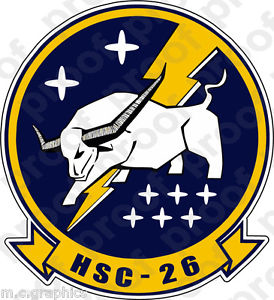
Naval Aviation Squadron Nicknames
HSC-26 - Helicopter Sea Combat Squadron TWENTY SIX: “Chargers”
Naval Station Norfolk - Norfolk, Virginia
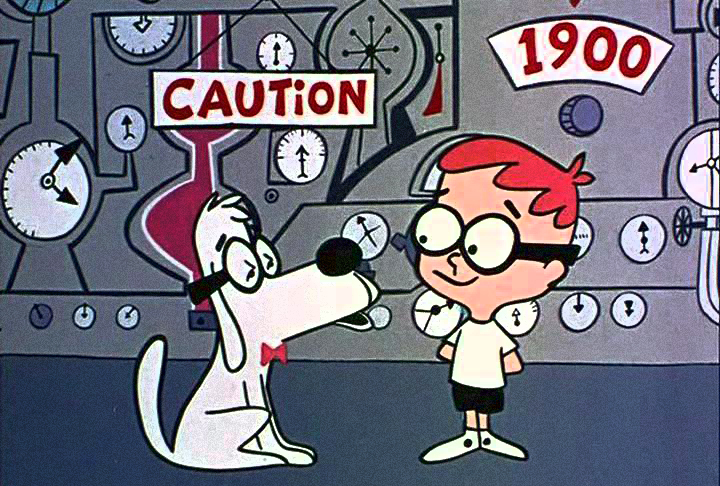
Science & Technology

Under new management, SourceForge moves to put badness in past
• Open access: All human knowledge is there—so why can’t everybody access it?
• LAW & DISORDER: It’ll be very hard for terrorism victim’s family to win lawsuit against Twitter
• DMCA wins big in record label lawsuit against Vimeo
• Woman sues border agency after invasive cavity search for non-existent drugs
ARS Technica

The Strange, Mysterious or Downright Weird
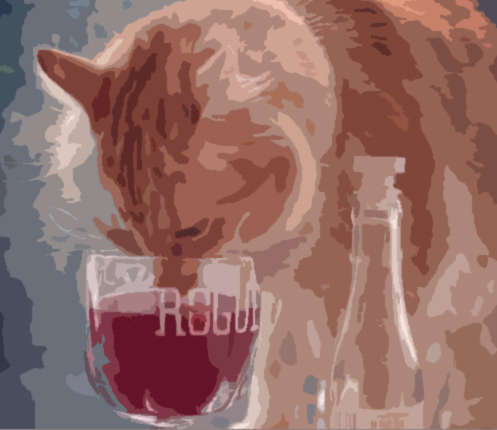
DENVER, June 17 - A Colorado company is looking to help cat owners enjoy the experience of sharing a glass of wine with their pets.
The non-alcoholic, beet-based cat wine was developed specifically for cats by Denver-based Apollo Peak.
While the lack of alcohol ensures that cats won't get “drunk” from drinking Apollo Peak's wine, the products do contain organic catnip, which can produce a kind of drunken reaction.
“Well, depending on how much they drink - the effects will vary”, the company says. “When cats smell catnip they tend to get funny, move around and play a lot. The exact opposite occurs when they ingest catnip. They normally will become more “mellowed” out when they drink the wine so it might actually help for those restless nights.”
UPI (United Press International) (06/15/2016)

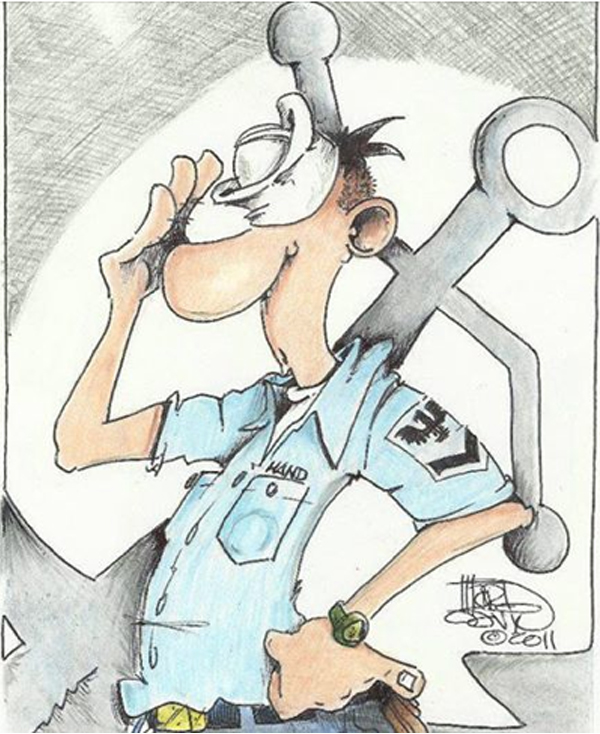
SONG FACTS
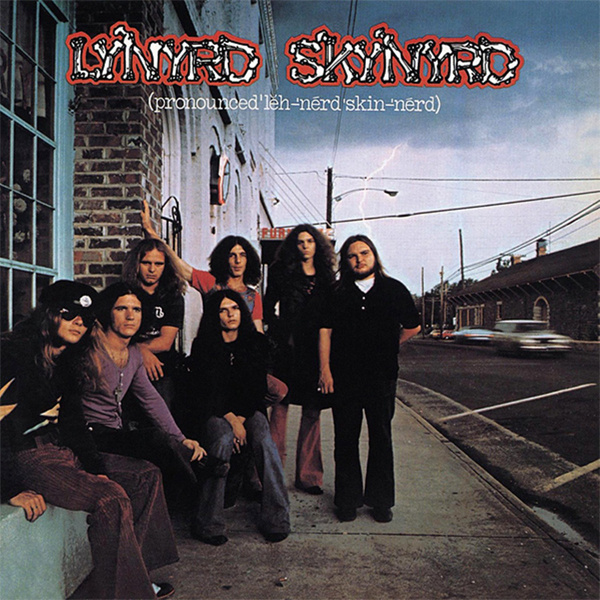
“Simple Man” - Lynyrd Skynyrd
Album: Pronounced Leh-nerd Skin-nerd
Released 1973 
Shortly after Ronnie Van Zant's grandmother and Gary Rossington's mother died, they got together in Van Zant's apartment and started telling stories about them. Rossington came up with a chord progression, and Van Zant wrote the lyrics based on advice the women had given them over the years. They wrote it in about an hour.
Even though the lyrics state, “Sit beside me, my only son”, Ronnie was not the only son. He had 2 younger brothers along with one older sister and one younger sister.
Skynyrd producer Al Kooper didn't like the way this was coming out, so the band recorded it without him and had him add his organ part later. He didn't think they should release it, but realized he was wrong when it went over so well with their fans.
When Skynyrd toured in 1987, they dedicated this to Van Zant.
The studio and live versions of this song are tuned to different keys. The studio is in Ab while the live is the key of A.
The Heavy Metal band Shinedown recorded an acoustic version. The Deftones also covered it on their B-Sides And Rarities CD.
Frontman Johnny Van Zant discussed this song in a track-by-track commentary to promote the band's 2010 CD/DVD Live From Freedom Hall. He said: “Well that's a great song and something that I think we all live by. I think anybody out there needs to respect their mother, and the words of their mother. It's mama talking to you in that song and I think it's probably one of my favorite's if not my favorite to do live. It's just a great song and that one stays in the set and the crowd always goes crazy on that one.”
The song charted in the Hot 100 for the first time in May 2015. A version by Sawyer Fredericks, performed on the April 27, 2015 episode of The Voice, debuted at #71 the following week.
Lynyrd Skynyrd official site / Rock and Roll Hall of Fame / All Music / Billboard / Song Facts / Rolling Stone Magazine / Wikipedia
Image: “Pronounced Leh-nerd Skin-nerd (album)” by Lynyrd Skynyrd

Trivia
● Dinosaur comes from the two Greek words (deinos (terrible or awesome) and sauros (lizard or reptile).
● Oscar Winning Best Pictures of 1990 and 1991 had animal names: Dances With Wolves The Silence of the Lambs
● In 1989, Tim Berners-Lee of the European Laboratory for Particle Physics in Switzerland developed a new technique for distributing information on the Internet, that became known as the World Wide Web.
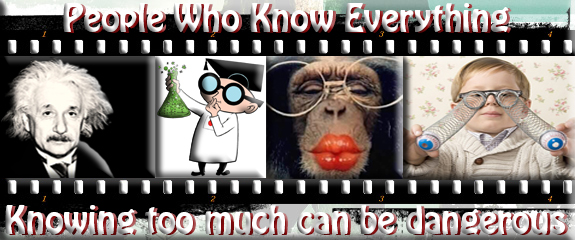
A Test for People Who Know Everything
Name four baseball players whose faces have been displayed on U.S. postage stamps.
● Answer for People Who Do Not Know Everything, or Want to Verify Their Answer Stamps.org
Answer to Last Week's Test
Can you name the Persian poet, astronomer, and mathematician from the 11th century whose epic poem, Rubaiyat, which deals with nature and love, is well known throughout the world?
Answer: Omar Khayyam Encyclopedia Britannica

Joke of the Day
A boy is selling fish on a corner. To get his customers' attention, he is yelling, “Dam fish for sale! Get your dam fish here!”
A pastor hears this and asks, “Why are you calling them 'dam fish.'”
The boy responds, “Because I caught these fish at the local dam.”
The pastor buys a couple fish, takes them home to his wife, and asks her to cook the dam fish.
The wife responds surprised, “I didn't know it was acceptable for a preacher to speak that way.”
He explains to her why they are dam fish. Later at the dinner table, he asks his son to pass the dam fish.
He responds, “That's the spirit, Dad! Now pass the f*cking potatoes!”
Pun of the Day
Yesterday I accidentally swallowed some food coloring. The doctor says I'm OK, but I feel like I've dyed a little inside.


























